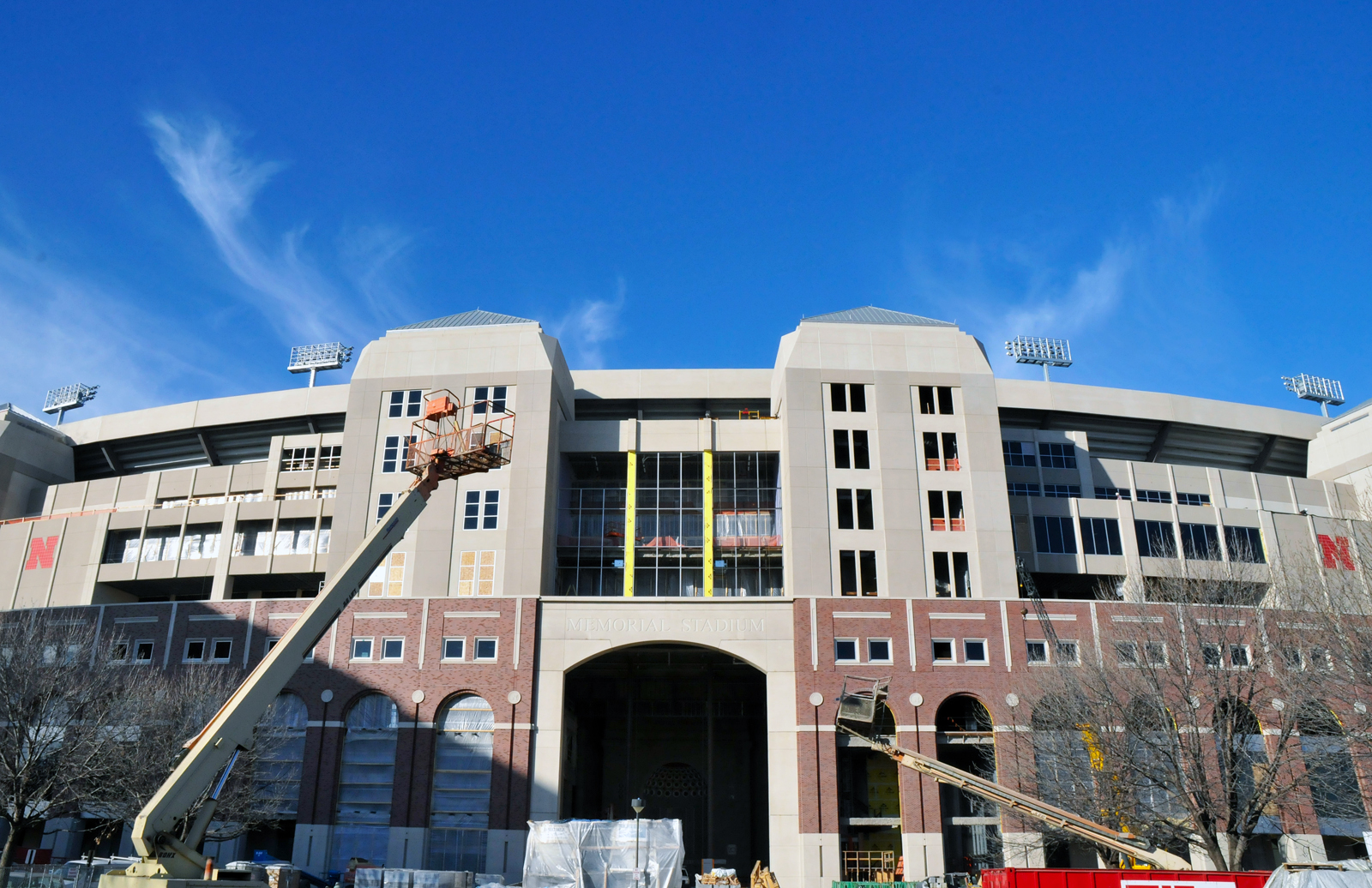
The University of Nebraska Board of Regents on Jan. 25 approved the Center for Brain, Biology and Behavior as an interdisciplinary research center at UNL.
The center, which the board approved unanimously, is a key component of an emerging collaboration between athletics and research at UNL. Known as CB3, it will be located later this year in half of a 50,000-square-foot research area in the East Stadium addition to Memorial Stadium.
CB3 will house a radiology unit and a state-of-the-art functional magnetic resonance imaging (fMRI) magnet, which will enable faculty and students from a wide spectrum of disciplines to conduct research related to behavior and performance, including the study of concussions.
"CB3 builds on our strengths in concussion research and its strong multidisciplinary emphasis will position UNL as a leader in research on the brain, biology and behavior," said Prem S. Paul, UNL vice chancellor for research and economic development. "This center is at the heart of a unique partnership between our prestigious academic and athletic programs.
"No place else in the country will have the combination of cutting-edge equipment, research leadership and strong ties with athletics."
The center will integrate the disciplinary building blocks of genetics, neuroscience, physiology, affect/emotion, cognition, socio-political attitudes and behavior. Research includes areas ranging from the heritability of social attitudes to the neurological basis of human decision-making to the study and remediation of brain concussion in athletes.
The center will occupy space in the south half of the East Stadium addition, while the north half will be dedicated to the Nebraska Athletic Performance Lab (NAPL). The research facility also will provide shared space, including 48 laboratories and a common area large enough to accommodate 40 to 50 people.
"The Center for Brain, Biology and Behavior will help to position the University of Nebraska and its athletics program as a national leader in this area of research," said Shawn Eichorst, director of intercollegiate athletics. "We are grateful to Coach Tom Osborne for his foresight to collaborate with academics in this exciting endeavor."
Osborne was Eichorst's predecessor and retired on Jan. 1.
Dennis Molfese, Mildred Francis Thompson Professor of Psychology at UNL and director of the center, said the official establishment of CB3 is another important step on the path to opening new ways for faculty to expand and enrich their research.
"The center will feature state-of-the-art tools, and with them, we’ll be able to provide cutting-edge resources to a wide array of faculty in any number of disciplines to incorporate cognitive and neural science into their research," Molfese said.
— Steve Smith, University Communications